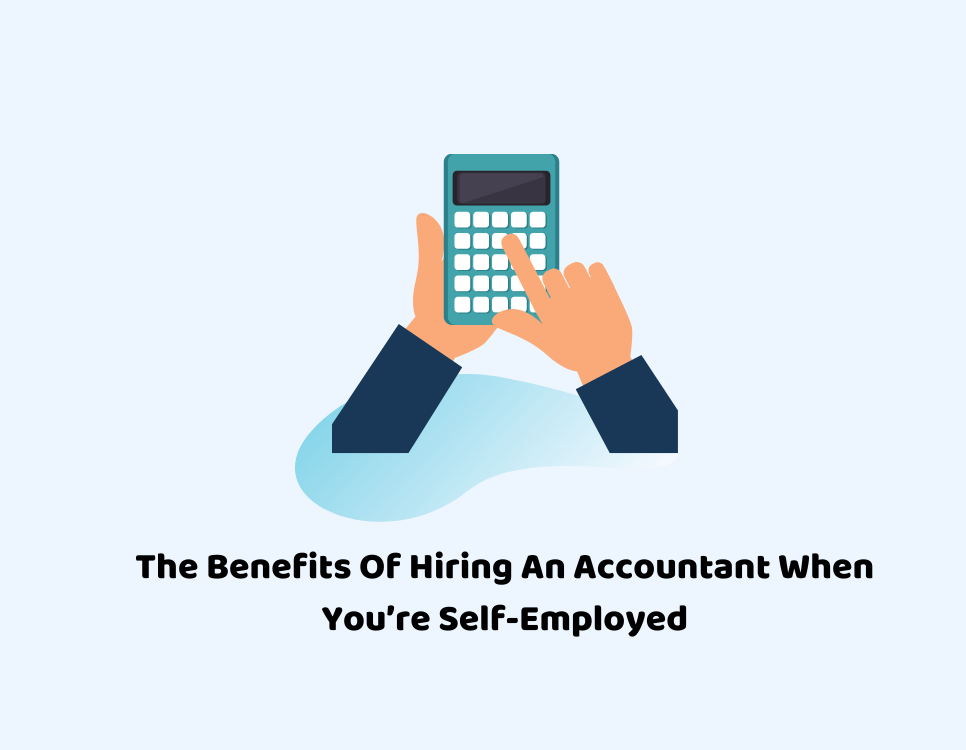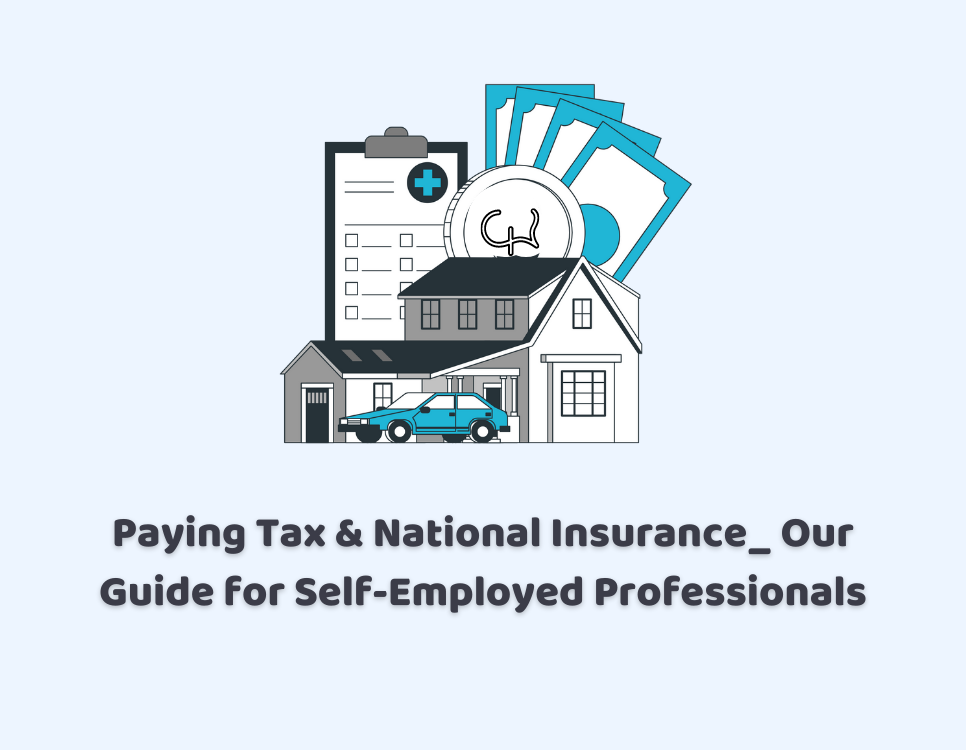
26/01/2021Accountants , Accounting Issues , self-employed accountant
Considering that you are self-employed, there are many reasons as to why you would be questioning the need for an accountant for self-employed. You might believe that having an accountant would only mean that you are only increasing your annual costs; however, the benefits could only speak for themselves!
Having an accountant would mean that all of your financial, legal, and governmental requirements and paperwork would be dealt with promptly and in accordance with regulations. Now imagine avoiding all of those responsibilities—wouldn’t that be a dream come true?
To cement that point even further, here are a few more reasons why you should hire tax consultants in London.
They Are Experts At What They Do
Just like any occupation, accountants have all the necessary experience and skills to thoroughly deal with whatever paperwork that you throw at them. Self-employed accountants also aid you in making decisions that would greatly affect your business—and there should be no doubt in believing in what they say since they are sure to have more business experience than you do!
Having someone to deal with and organize your requirements will also help you with preventing loss of revenue, making your work an all-around better experience to deal with.
Their Services Will Save You Time
Aside from letting them do all the hard work that comes with various documents, the primary reason for hiring tax accountants in Croydon would be to assist you in managing your time.
Having someone reliable handling your invoices and other processes will be a great way for you to focus more on working on your operations and garnering revenue. There are a lot of accountants that you can find and hire for your business; however, you must find one that offers a wide variety of services—services that are imperative for any successful business.
They Can Provide Accurate Planning
Working with an accountant would mean that you will be able to monitor an accurate view of your earnings and your tax obligations.
You must be able to plan out your tax strategy since you are self-employed, and having an accountant would mean that you have someone to confide in when it comes to long-term plans. As the client, you even have the authority to ask your accountant to create a financial plan for your endgame—including your retirement and various financial optimization methods.
They Help Small Businesses Flourish
Taking care of the paperwork isn’t the only responsibility that your accountant has. They also help you in avoiding making decisions that could lead to financial complications, giving you an outsider’s perspective of your business to help you improve on what needs improving.
Conclusion
There truly aren’t a lot of reasons that should make you shy away from hiring an accountant other than having an extra cost to pay; however, you should mind that having an accountant for self-employed would only mean that your business is sure to be successful! The benefits that come from an accountant’s expertise is exactly why it is so worth spending that initial cost since you are then able to make so much more money in the long run.
Before you hire an accountant, make sure that they specialize in the type of business you have. Cruse Burke has tax consultants and accountants for SMEs, the self-employed, limited companies, and contractors. We are fully equipped to deal with the particular needs of small business accounting. Schedule a consultation with us today!


